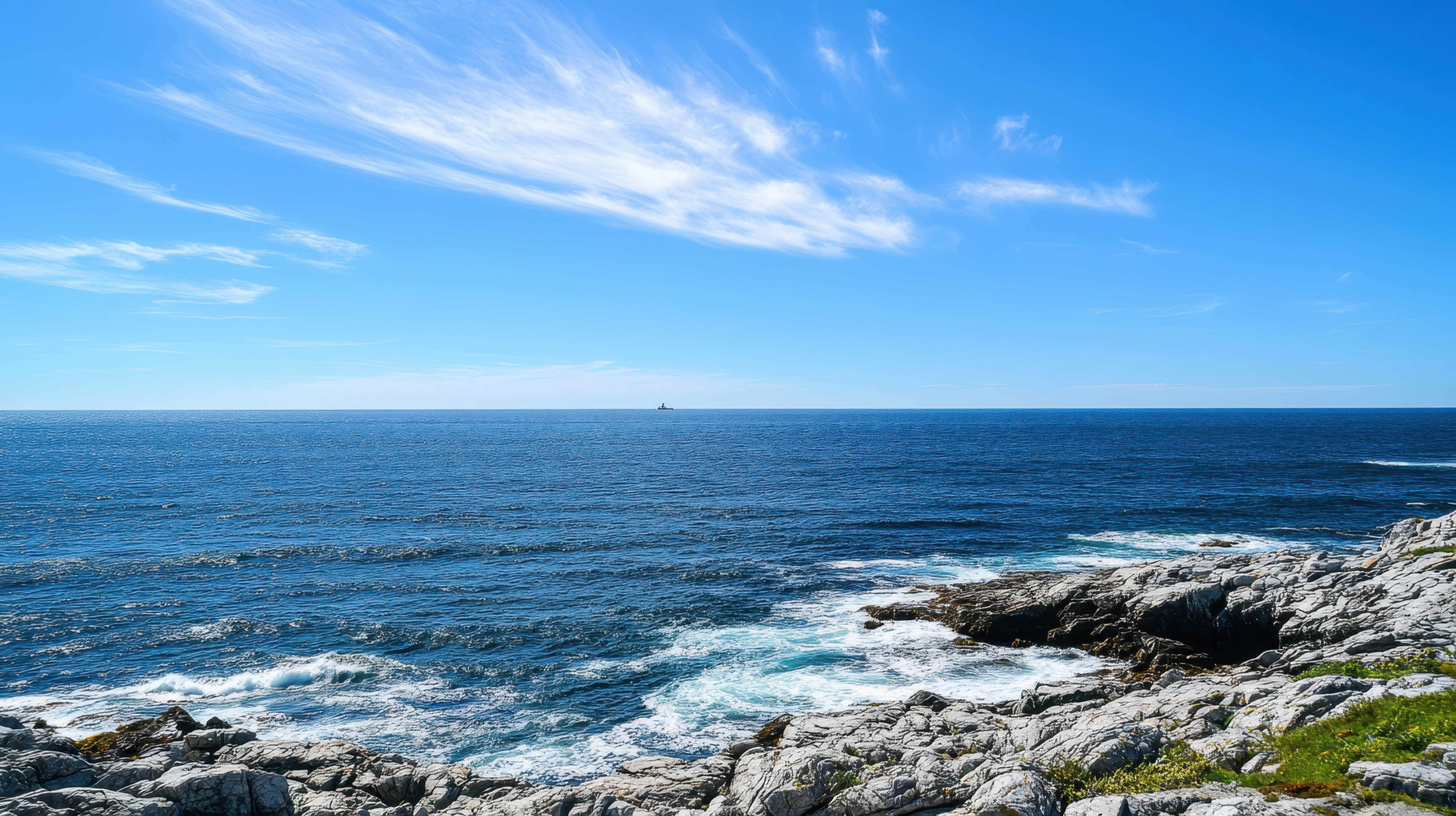OAE developer, Planetary Technologies, scaling out as well as up

Planetary Technologies has been on a roll since 2022 when it first obtained funding for testing its ocean alkalinity enhancement (OAE) strategy. The process involves adding magnesium hydroxide (Mg(OH)2) to coastal ocean water to make the ocean more alkaline (less acidic), thus enabling the ocean to absorb more CO2 from the atmosphere. The company is based in Dartmouth, Nova Scotia (Canada).
Planetary has received a few rounds of funding, including $7.8 million (CAD) pre-seed and seed funding in 2022 and $11.35 million (CAD) of Series A funding in 2024. Major investors included Innovacorp and Apollo Projects for the pre-seed and seed funding, and Evok Innovations, BDC Capital, Amplify Capital, and DNX Ventures for the Series A.
And to top things off, in May 2025 Planetary won a $1 million XPRIZE Carbon Removal XFACTOR Award from the Musk Foundation. Planetary had previously won a $1 million award from the XPRIZE organizers in 2022.
Planetary purchases its magnesium hydroxide feedstock from an industrial chemical manufacturer. Magnesium hydyroxide is used both medically (it is the primary ingredient in the antacid Milk of Magnesia) and in wastewater treatment.
Although, strictly speaking, Planetary's OAE method is not one of the geologic CDR methods that use pulverized rock as a feedstock, its results will help inform future OAE projects regardless of the type of feedstock used. According to Planetary's website, magnesium hydroxide readily dissolves in seawater, meaning it will rapidly neutralize CO2 and begin removing carbon from the atmosphere, rather than sinking and accumulating on the seafloor, a risk when using pulverized basalt rock.
Planetary achieved an important milestone in December 2024 when it delivered carbon credits for 138 tonnes of CO2 generated by ocean alkalinity enhancement (OAE) in the company's Tufts Cove project, located near Halifax, Nova Scotia. The 138 tons may not be much, but they were the first carbon credits ever created using OAE.
Planetary's CEO Mike Kelland reflected on the milestone, “Delivering the first net OAE credits is a monumental step, not only for Planetary but for the entire field of ocean-based carbon removal. Thanks to our pioneering partners, we’ve shown that this is both safe and effective at this small scale and responsibly cleared the way for the next set of credit deliveries.” Shopify and Stripe acquired the credits as part of a prepurchase agreement through Frontier’s advance market commitment Planetary has since issued 625 more tonnes of credits from the Tufts Cove project.
Now that Planetary has its first deliveries of OAE-generated carbon credits behind it, the company says on its website that it wants to scale up its operation — as well as scale out. "Scaling out" refers to taking a holistic approach that prioritizes collaboration with local communities, integrating scientific rigor, and ensuring environmental stewardship at every step. By building trust and fostering partnerships, we aim to create a scalable, inclusive model that delivers climate impact while preserving the health of our oceans and well-being of the people who depend on them.
Indeed, having a good working relationship with a community is essential as Planetary found in St. Ives Bay, Cornwall, England where in 2024 the company ended up terminating an OAE test project after local residents mounted a vigorous campaign against the project. The objections focused on potential adverse impacts to marine life from spreading magnesium hydroxide in the bay.
Planetary had performed preliminary work in St. Ives Bay, collecting baseline data from the ocean ecosystem in 2022 and 2023 and mixing small amounts of magnesium hydroxide (about 104 grams of per liter of wastewater) in wastewater discharged from an existing treatment plant to the bay to determine if carbon dioxide removal would be detectable. Planetary's increased focus on community involvement is another step toward gaining the social acceptance needed for ramping up ocean alkalinity enhancement as a method of carbon dioxide removal.